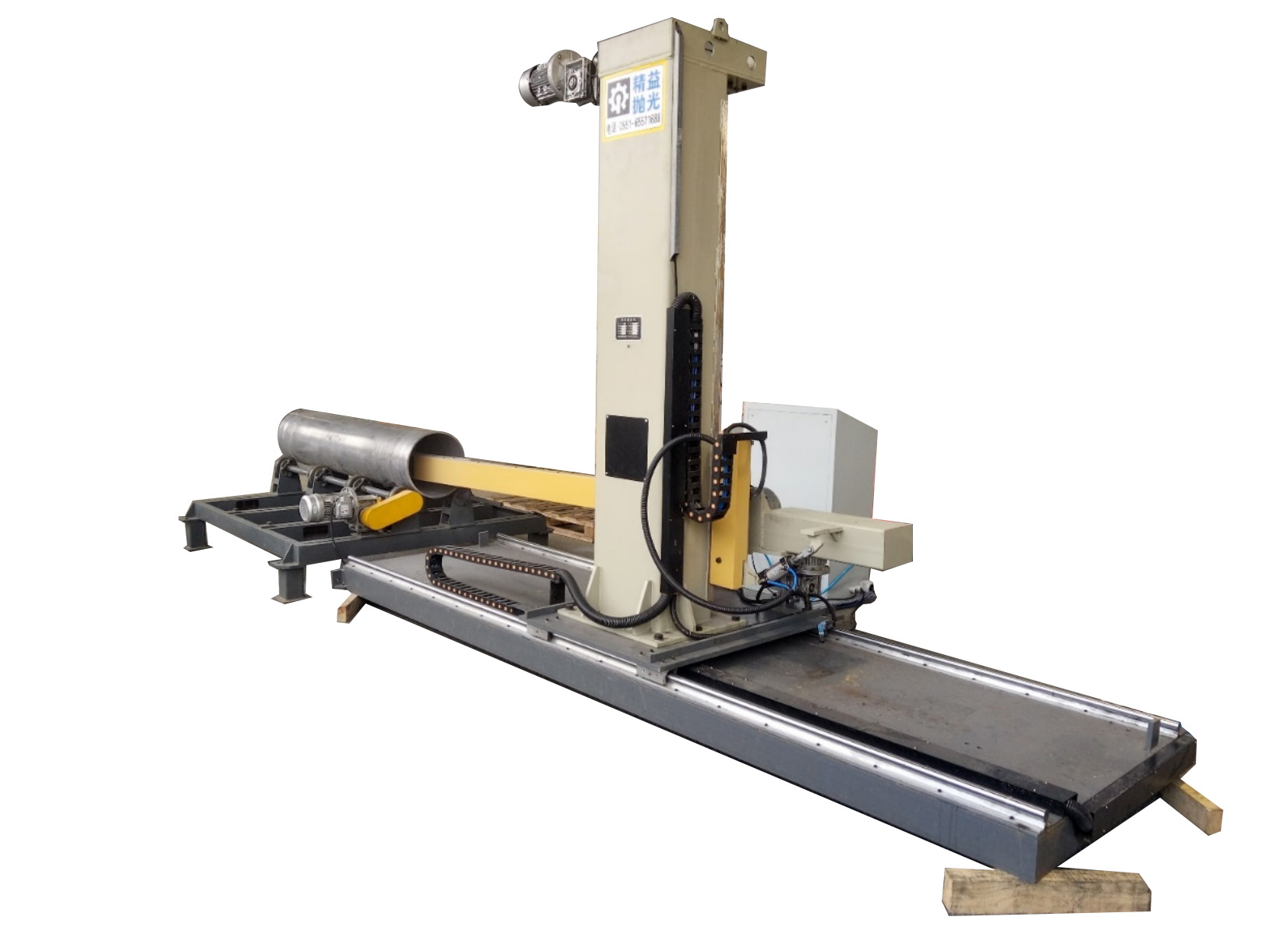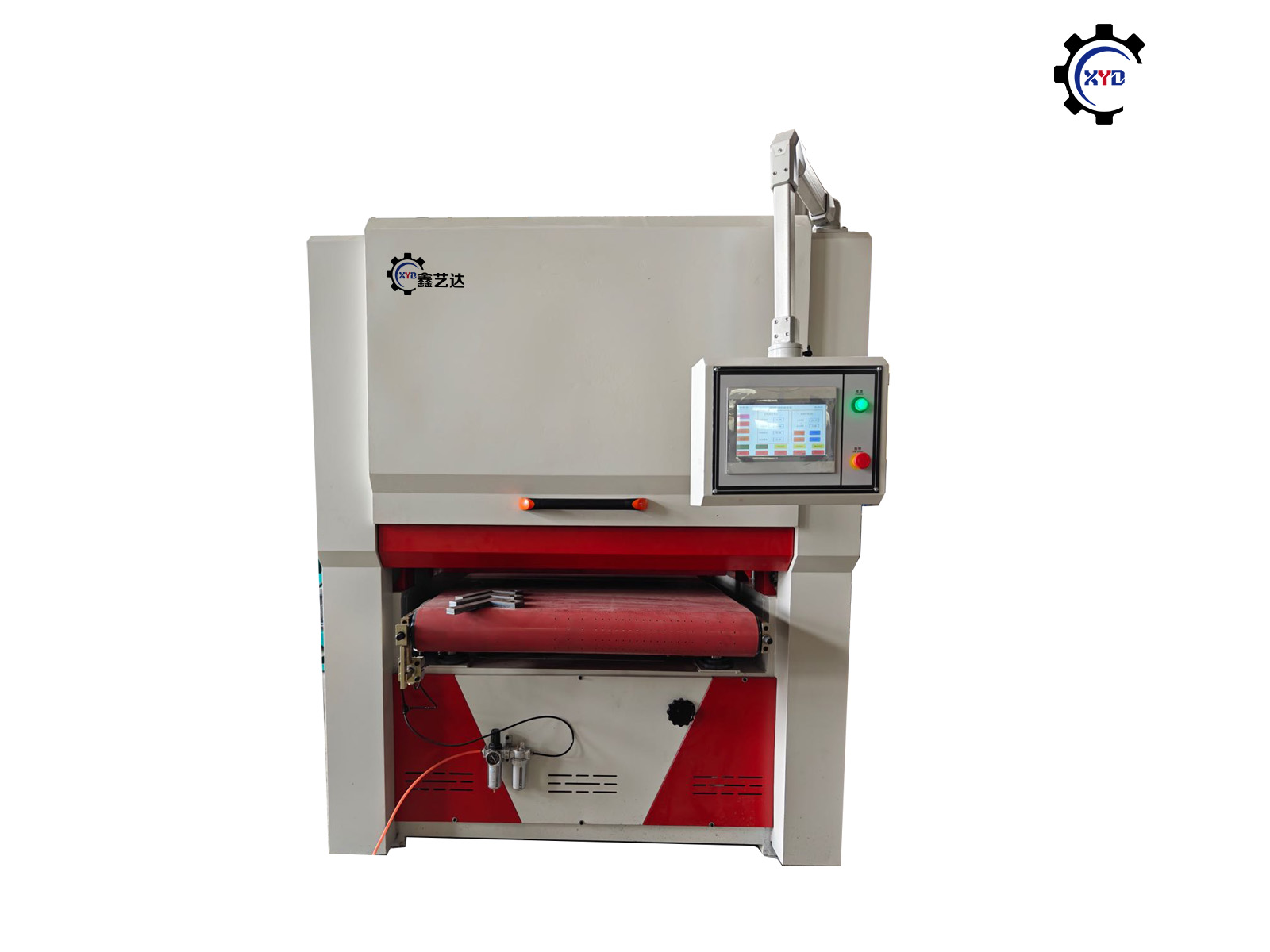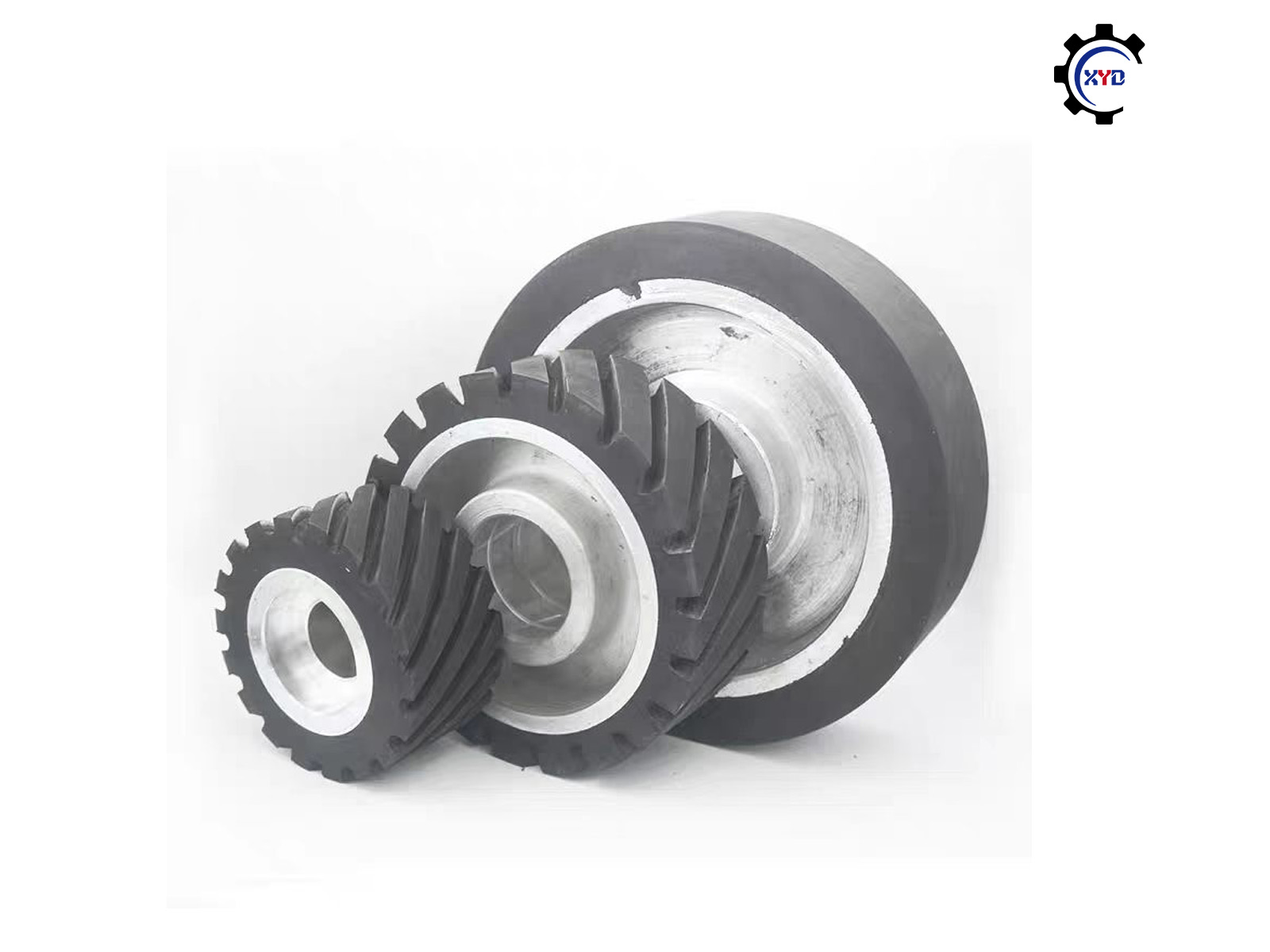Overview of Mirror Finishing Technology for Flat Polishing Machines
Publish time:2024-10-24 02:35:31 Popularity:0 Source:未知来源
1. Technical Overview
The mirror finishing technology of flat polishing machines integrates mechanical, optical, electronic, computer, and materials science, and is a key process for achieving high-precision surface treatment. It is widely used in the fields of electronic components, optical devices, and precision machinery manufacturing.
2. Core Processing Requirements
Ultra-high precision: Some workpieces require nanometer-level processing accuracy and damage-free surfaces.
Flatness maintenance: While removing surface micro-protrusions and damage layers, overall flatness must be maintained.
Uniform polishing: The relative velocity at all points on the workpiece surface must remain constant to avoid local over-polishing or under-polishing.
3. Key Process Control Factors
Workpiece-Polishing Disc Matching
The workpiece is treated as a rigid body, while the polishing disc is an elastically deformable body; both must be in close contact.
If the workpiece is too large or has excessive eccentricity, certain areas may fail to contact the polishing disc, affecting polishing uniformity.
Grinding Path Optimization
Material removal volume is directly related to grinding path length; precise control of path distribution is necessary to enhance consistency.
Computer-aided motion control is employed to ensure balanced polishing across all regions.
Parallelism Correction
If the initial parallelism of the workpiece exceeds specifications, it must first be corrected to within the allowable range; otherwise, it will affect the final mirror surface quality.
4. Technological Trends
Intelligent Control: Combining AI algorithms to optimize polishing paths and pressure, enhancing processing efficiency and precision.
New Polishing Media: Develop ultra-fine abrasives and low-damage polishing liquids to reduce subsurface defects.
Online Inspection: Integrate optical/laser measurement systems to monitor surface quality in real time and adjust parameters accordingly.
5. Conclusion
The core of mirror finishing technology for flat plate polishing machines lies in precise motion control and process optimization. Future developments will focus on intelligent control and high consistency to meet the demands of advanced functional ceramics, semiconductors, and other high-end manufacturing applications.
- 2025-12-23 What are the types of polishing
- 2025-12-23 What is the working principle of a flat plate polishing machine
- 2025-11-14 Precautions to Take Before and After Operating a Polishing Machine
- 2025-11-04 Have you maintained the polishing machine?
- 2025-10-14 The difference between single-station pipe polishing machines and multi-station pipe polishing machines
- 2025-10-08 Why the Semiconductor Industry Cannot Do Without Automatic Polishing Equipment?
- 2025-09-25 Why Do Pressure Vessels Need Polishing?
- 2025-09-24 What are the types of circular tube polishing machines
Online Message
Contact information
QR code









 QQ Customer Service
QQ Customer Service